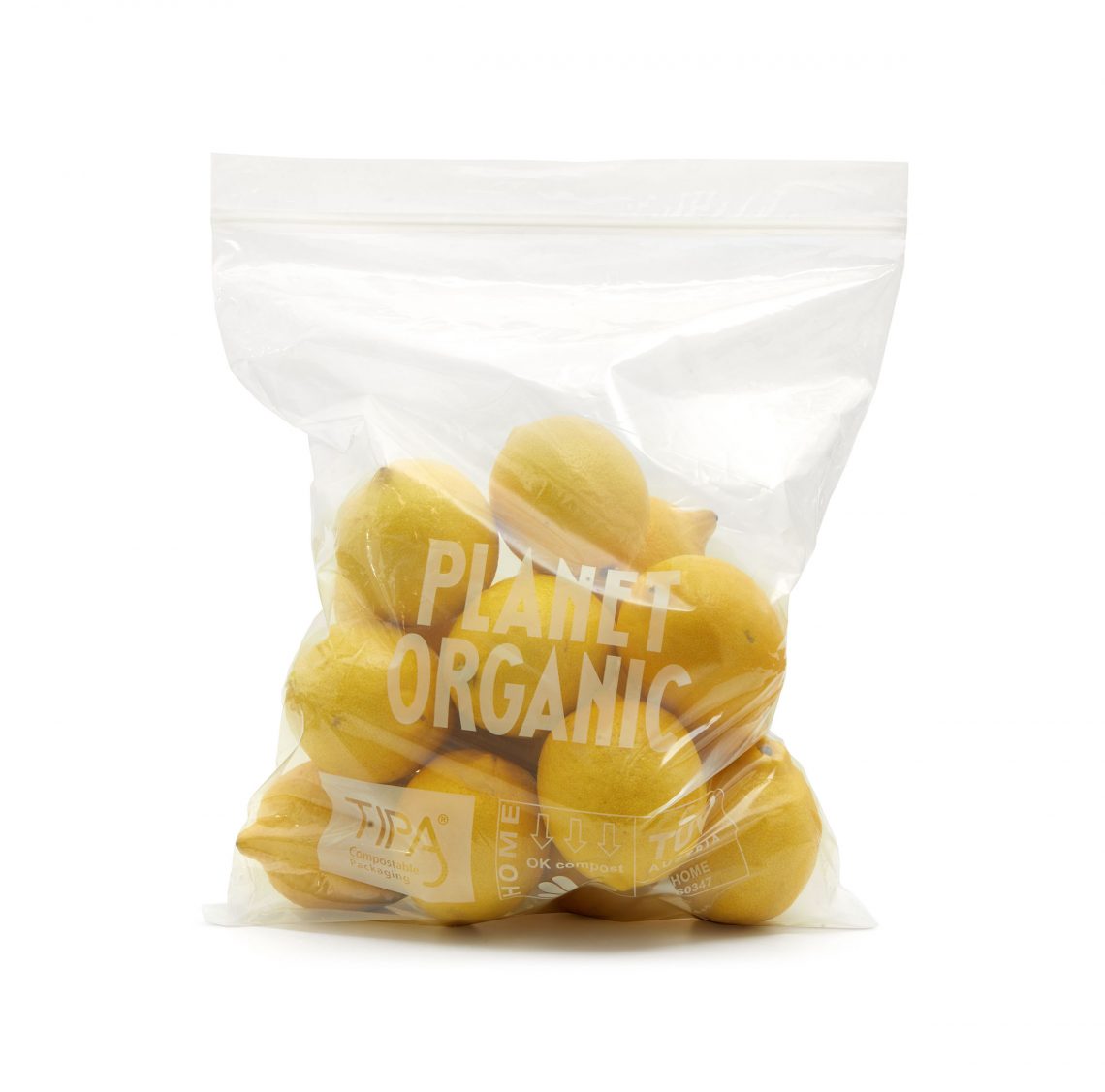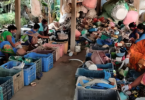This article is part of The Innovator’s premium content offer and available only to The Innovator’s Radar subscribers.
If you are not already a Radar subscriber click here for a free trial.
If you are a Radar subscriber click here to sign into your account and unlock the rest of this article.
Article summary:
The plastic traditionally used to package fruit and vegetables, meats and baked goods does not decompose; it sticks around for decades and eventually degrades into microplastics only millimeters wide. These tiny pieces become airborne and get blown into soil, storm drains and waterways and are ingested by fish, harming the environment and marine life. But what if polymers could be tweaked so that they decompose in the same way that nature deals with orange peels and other food waste? TIPA, a World Economic Forum Technology Pioneer, has developed a way to do just that.
It is partnering with ULMA Packaging to prove the efficiency of running compostable films on advanced packaging machinery. The company, which is owned by ULMA Group, a unit of Spanish conglomerate Mondragon, sells fully automated solutions for packaging lines to companies in 22 countries, including packing machines used in the food, medical supply and industrial sectors.The partnership is just one example of how collaboration between traditional companies and startups and scale-ups can help solve the United Nations Sustainable Development Goals.







